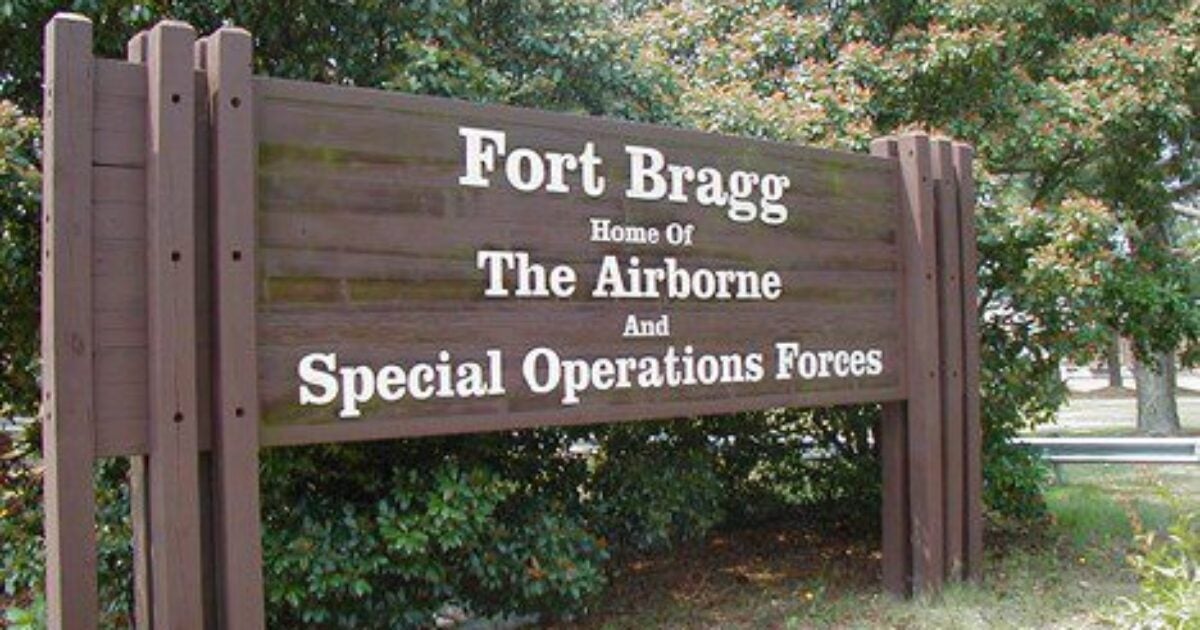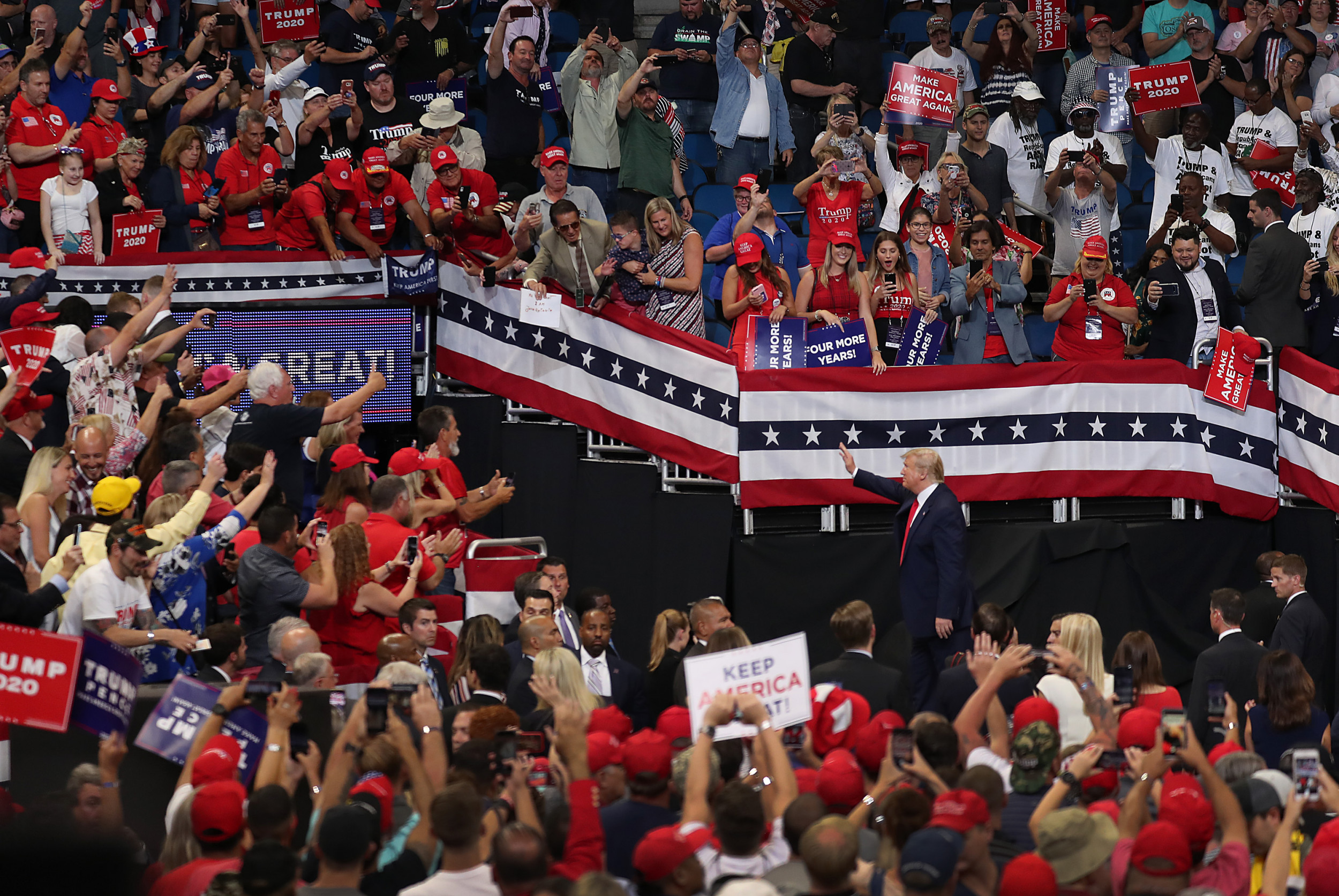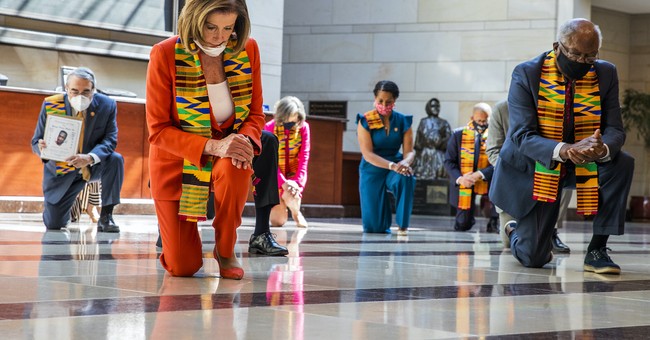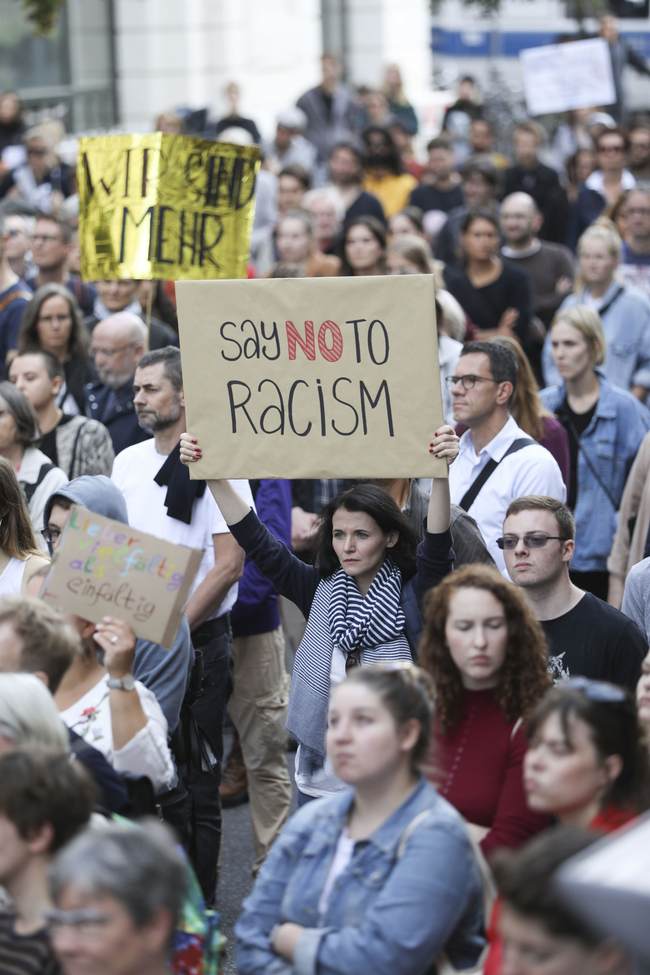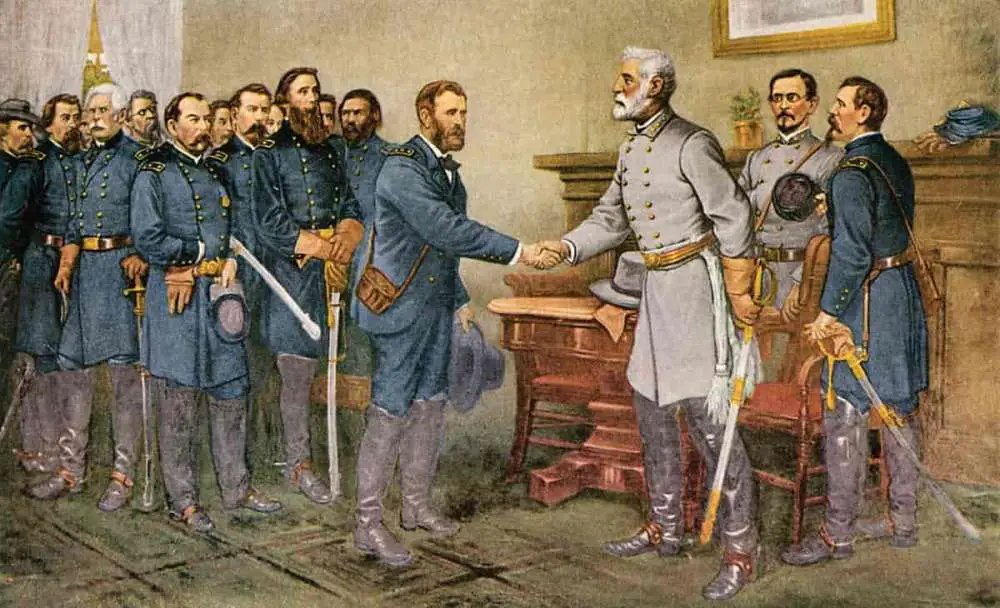Liberals have not not used the word "traitor" for decades. Now, all of a sudden ... they're patriots!!!
The men of the Union who defeated the men of the Confederacy did not despise them as 'traitors'.
It's interesting to read the very moving account of Lee's surrender, taken by Joshua Chamberlain, a college professor from Maine who commanded the 20th Maine ... which held -- barely --the Union left flank at Gettysburg, on Little Round Top, withstanding repeated Rebel charges on the second day of the battle. They finally ran out of ammunition. The Rebels were reforming at the bottom of the hill they held, getting ready to assault again. What to do? Chamberlain gave the order to fix bayonets ... and charge!
They don't make college professors like that any more.
A wonderful novel was written about this episode, by Michael Shaara, called
The Killer Angels.
It's one that should be purchased by patriots whenever possible (you can find it in used bookstores) and given to teenagers to read. Hollywood made a not-too-bad movie about it,
Gettysburg, although it lacks the depth of character study and the social analysis of the book.
From two online articles on Chamberlain, and the surrender at Appomattox.
======================================================================
Chamberlain distinguished himself in other battles, and was chosen to accept the Confederate surrender.
And just then the glad news came that General Lee had surrendered,” wrote Chamberlain.
Shortly afterward, Chamberlain saw the ‘sturdy Rebel leader. “He was dressed in the brilliant trappings of a Confederate army officer, and looked every inch the soldier that he was,” wrote Chamberlain. “A few moments after that our own beloved leader, General Grant… came riding by.”
Chamberlain noted how different the two men looked. Lee looked ‘gay with the trappings of his army.’ Grant, on the other hand, wore, ‘an open blouse, a slouch hat, trousers tucked into heavy, mud-stained boots, and with only the four tarnished golden stars to indicate his office!’
The two commanders passed by, went into the Wilmer McLean house and arranged the final terms of surrender.
“That work done neither leader staid long with his command, the one hurrying one way, the other another,” wrote Chamberlain.
They slept that night as they hadn’t slept in years, he wrote. For a while his men showed unrestrained jubilation, but soon they slept with no fear of a night alarm.
“We awoke next morning to find the Confederates peering down into our faces, and involuntarily reached for our arms, but once the recollections of the previous day’s stirring events came crowding back to mind, all fear fled, and t
he boys in blue were soon commingling freely with the boys in gray, exchanging compliments, pipes, tobacco, knives and souvenirs.”
It was Joshua Chamberlain, a hero of Gettysburg, and not Ulysses S. Grant who accepted the Confederate Army's surrender at Appomattox Court House in April 1865.
newenglandhistoricalsociety.com
----------------------------------------------------------------------------------------------------------------------
Honor Answering Honor: “Bloody Chamberlain” and the Surrender at Appomattox
Written By: Jimmy Price
It was one of the most iconic moments in all of American history—the famed “stillness” at Appomattox. After four years of bitter struggle, General Ulysses S. Grant’s armies had finally vanquished General Robert E. Lee’s vaunted Army of Northern Virginia. While the surrender terms had been agreed upon by Lee and Grant on April 9, 1865, the formal surrender ceremony did not take place until April 12th. Neither Lee nor Grant elected to attend the surrender ceremony—instead, Grant selected Brevet Major General Joshua Lawrence Chamberlain to receive the surrender of the Confederate infantry.
Chamberlain’s meteoric rise from college professor to Union general is now the stuff of legend—but in April of 1861, no one could have foreseen the role that he would play in preserving the Union. When the call to the colors was sounded following the firing on Fort Sumter, Chamberlain was residing in his native Maine, teaching rhetoric and modern languages at Bowdoin College. Stating that “I fear, this war, so costly of blood and treasure, will not cease until men of the North are willing to leave good positions,” Chamberlain wrote to the governor of Maine requesting an appointment and became a lieutenant colonel in the 20th Maine Infantry Regiment in 1862.
While Chamberlain’s role at Gettysburg is oft-repeated, his contributions during the Richmond-Petersburg Campaign of 1864-65 were of equal import. During that campaign Chamberlain sustained what was thought to be a fatal wound to the groin on June 18, 1864. Fearing his death was imminent, Grant promoted Chamberlain to brigadier general as a symbolic act of thanks. Miraculously, Chamberlain survived and returned to command in late 1864. He was in command of the Army of the Potomac’s 1st Brigade, First Division, V Corps on March 29, 1865, when he was severely wounded again, earning him a brevet promotion to Major General and the nickname “Bloody Chamberlain.” Chamberlain was profoundly honored to command the surrender ceremony. Writing to his wife just one day later, he stated:
For my personal part I…have been in five battles…twice wounded myself—my horse shot—in the front line when the flag of truce came through from Lee—had the last shot + the last man killed, in their campaign; + yesterday was designated to receive the surrender of the arms of Lee’s Army of Northern Virginia.
The ceremony itself deeply moved Chamberlain, who would later write:
"
Instructions had been given; and when the head of each division column comes opposite our group, our bugle sounds the signal and instantly our whole line from right to left, regiment by regiment in succession, gives the soldier’s salutation, from the “order arms” to the old “carry”— the marching salute. Gordon at the head of the column, riding with heavy spirit and downcast face, catches the sound of shifting arms, looks up, and, taking the meaning, wheels superbly…with profound salutation as he drops the point of his sword to the boot toe; then facing to his own command, gives word for his successive brigades to pass us with the same position of the manual, honor answering honor."
[
Honor Answering Honor: “Bloody Chamberlain” and the Surrender at Appomattox – The Campaign for the National Museum of the United States Army ]
----------------------------------------------------------------------------------------------------------------------------------
"Honor answering honor".
'Honor' is a word the modern Left never uses, because they have no use for it, having none themselves.
Can you imagine one of these self-centered little weenies suddenly time-travelled back to Appomattox?
"Traitors! Traitors! Racists!! Homophobes!!!"
How I would love to see the response of the men of both sides to that!
And the really delcious irony is who the Left really honors! They honor ... the Soviet spy Ethel Rosenberg, who helped give Stalin the secrets of how to make an atom bomb, and other military secrets! You can't make it up!
[
The City Council’s ‘heroes’ from hell ]
[
City Council honors Ethel Rosenberg for ‘great bravery’ ]
[
‘60 Minutes’ pushing Ethel Rosenberg pardon — don’t buy it ]
